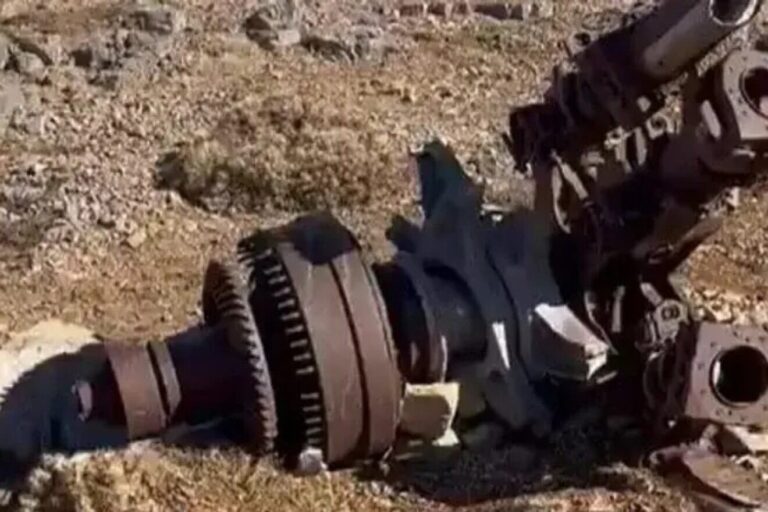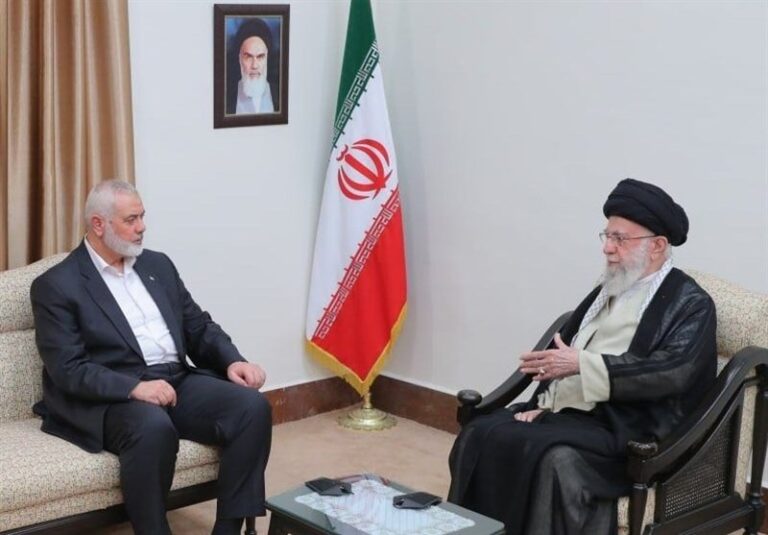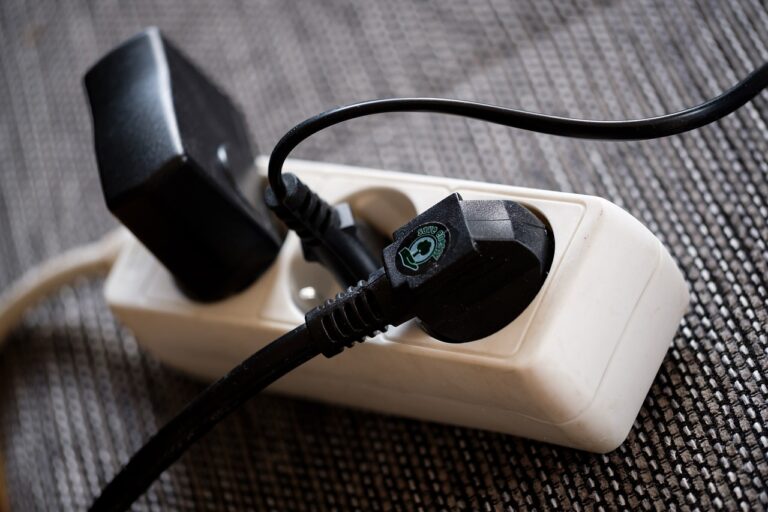Israel’s Defense Ministry announced on Tuesday that it has turned to the defense industry to strengthen the military’s ability to intercept aerial drones launched by Iran and its proxy groups, including Hezbollah. This move comes as drone attacks from these groups have become increasingly sophisticated and deadly.
The ministry has initiated a competition among eight large and small defense companies, seeking innovative solutions to counter the growing drone threat. “After analyzing the trial results, the Defense Ministry will select several technologies to enter an accelerated development and production process,” the ministry stated. The goal is to deploy these new capabilities within months to enhance Israel’s defense against drone attacks.
Drones have been used with increasing frequency in attacks on Israel, a tactic that has proven difficult to counter. Just this past Sunday, a Hezbollah drone struck the IDF’s Golani Brigade training base near Binyamina, killing four soldiers and injuring dozens. The drone, laden with explosives, managed to evade Israel’s air defense radars and hit a mess hall at the base, exposing vulnerabilities in Israel’s air-defense system.
In addition to that attack, drones from Iran-supported terrorist organizations in Lebanon, Yemen, and Iraq have repeatedly penetrated Israel’s airspace over the past year. Last week, two soldiers were killed in the Golan Heights after a drone from Iraq struck a military base. Other drones have targeted civilian areas, such as a retirement home, although no injuries were reported in that incident.
“The UAV threat is a multi-arena threat originating from Iran, which supplies UAVs to Lebanon, Yemen, and Iraq, and even launches them itself,” said Defense Minister Yoav Gallant. He stressed the urgency of developing effective countermeasures, saying, “We must concentrate the national effort… to produce operational solutions quickly.”
Israel has heavily invested in its air-defense systems, which are designed to intercept short-range rocket fire, as well as medium- and long-range missiles. However, drones present a unique challenge due to their smaller size, slower speed, and ability to fly at lower altitudes, often evading detection. Experts note that drones, which can be mistaken for birds or other small objects, are harder to track than rockets or missiles.
Top Israeli defense companies, including Elbit Systems, Rafael, and Israel Aerospace Industries, are involved in the Defense Ministry’s efforts to enhance drone defense capabilities. The Defense Ministry has already invested hundreds of millions of shekels in this area and is working to expedite the development and deployment of new defense technologies.
(YWN World Headquarters – NYC)











